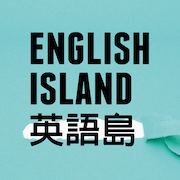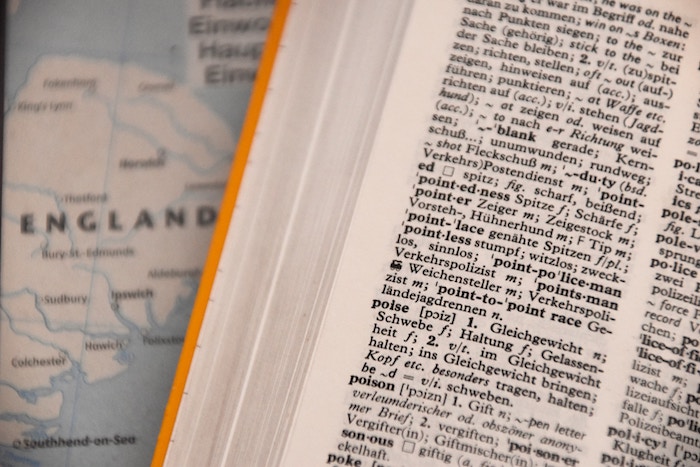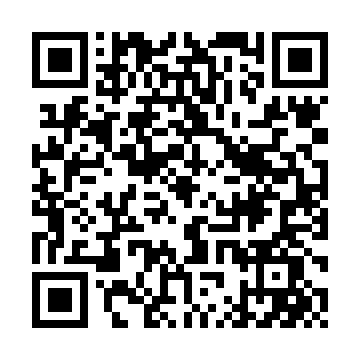
英文中最強大無懼的單字:THE

"The". It's omnipresent; we can't imagine English without it, but it's not much to look at. It isn't descriptive, evocative or inspiring. Technically, it's meaningless, and yet this bland and innocuous-seeming word could be one of the most potent in the English language.
我們無法想像英文中缺少了the,它是不可或缺的存在。乍看之下,the其實無法描述事物、無法 觸發感情的共鳴,或是引發靈感。基本上,the是沒有意義的字,但這樣平淡無害的字,可能是英文語言中最強大的存在。
'The' tops the league tables of most frequently used words in English, accounting for 5% of every 100 words used. "'The' really is miles above everything else," says Jonathan Culpeper, professor of linguistics at Lancaster University. But why is this? The answer is two-fold, according to the BBC Radio 4 programme Word of Mouth. George Zipf, a 20th-Century US linguist and philologist, expounded the principle of least effort. He predicted that short and simple words would be the most frequent – and he was right.
"the"是英文中最常被用到的字,在每100 個被使用的英文字中佔 5%,蘭卡斯特大學語言學家 Jonathan Culpeper 指出,the的使用頻率超出其他字許多,但為什麼會這樣呢?BBC Radio 4的節 目Word of Mouth表示,答案有兩個部分。一位20世紀美國語言學與與文學家George Zipf說明了最小努力原則(principle of least effort)。他預測,短且簡單的字會是最常使用的,他說對了。
The second reason is that 'the' lies at the heart of English grammar, having a function rather than a meaning. Words are split into two categories: expressions with a semantic meaning and functional words like 'the' , 'to' , 'for' , with a job to do. 'The' can function in multiple ways. This is typical, explains Gary Thoms, assistant professor in linguistics at New York University: "a super high-usage word will often develop a real flexibility", with different subtle uses that make it hard to define. Helping us understand what is being referred to, 'the' makes sense of nouns as a subject or an object, so even someone with a rudimentary grasp of English can tell the difference between 'I ate an apple' and 'I ate the apple'.
第二個原因,the 是英文文法中一大重點,功能性高於意義。文字分為兩類:有語意的表述以及 功能性字詞如the、to、for。the則有多種功能,紐約大學語言學助理教授Gary Thoms表示,很典型的就是「使用頻率高的字,通常會發展出高度彈性」,用於不同語境之下,會讓其更加難以 定義。the定義名詞是主詞或受詞。所以,即便某人僅初學英文,也能分辨出I ate an apple與I ate the apple之間的差別。
The use of 'the' could have increased as trade and manufacture grew in the run-up to the industrial revolution when we needed to be referential about things and processes. 'The' helped distinguish clearly and could act as a quantifier, for example, 'the slab of butter'. 工業革命前期,交易與製造皆處於成長時,人們需要指涉事物及過程,the 的使用也跟著增加了。the可以幫助清楚區別,也有量詞的功能,比方說 the slab of butter 一片奶油。
This could lead to a belief that 'the' is a workhorse of English: functional but boring. Yet Michael Rosen, poet and author, rejects that view. While primary school children are taught to use 'wow' words, choosing 'exclaimed' rather than 'said' , he doesn't think any word has more or less 'wow' factor than any other; it all depends on how it's used. "Power in language comes from context... 'the' can be a wow word," he says.
這點也可以帶出,the是英文中的挑重擔的角色,無趣但有功能。不過詩人兼作家Michael Rosen卻反駁這點,當小學生被教導要使用'wow' words,也就是比較生動的用詞,比方用 exclaimed而不用said,Michael Rosen則認為字跟字之間沒有這種差別,一切取決於如何使用,他說:「語言的力量來自於文本⋯the 也可以是'wow' word。」
'The' can even have philosophical implications. The Austrian philosopher Alexius Meinong said a denoting phrase like 'the round square' introduced that object; there was now such a thing. According to Meinong, the word itself created non-existent objects, arguing that there are objects that exist and ones that don't but they are all created by language. "'The' has a kind of magical property in philosophy," says Barry C Smith, director of the Institute of Philosophy, University of London.
the可能也帶有哲學暗示,澳洲哲學家Alexius Meinong表示,像是the round square這樣的描 述詞,介紹出一個物體,代表「現在有個這種東西了」。他說,the 這個字本身創造了不存在的物體,並稱物體分為存在及不存在,但都是從語言中而生。倫敦大學哲學研究所所長 Barry C Smith 說:「the 在哲學中是神奇的存在。」
Even within the language, there are subtle differences in how 'the' is used in British and American English such as when talking about playing a musical instrument. An American might be more likely to say 'I play guitar' whereas a British person might opt for 'I play the guitar', but there are some instruments where both nationalities might happily omit 'the' such as 'I play drums' . Equally, the same person might interchangeably refer to their playing of any given instrument with or without the definite article because both are correct and both make sense.
即便在語言中,英式英文與美式英文中 the 的用法也有微妙的不同,比方說談到彈奏樂器時, 美國人比較可能會說I play guitar,而英國人則可能會選擇說I play the guitar。不過,有些樂器則是英美人士提到時都會不加the,例如I play drums.。相同地,同一個人可能會在提到某個樂器時,有時用定冠詞,有時又沒有加,因為加不加都正確,也都合理。
'The' deserves to be celebrated. The three-letter word punches well above its weight in terms of impact and breadth of contextual meaning. It can be political, it can be dramatic – it can even bring non-existent concepts into being.
the 這個字值得受讚揚,僅由三個字母組成,但在語言中的份量卻深深影響著各種語境。the可以是政治的,也可以很戲劇化,可以將任何不存在的觀念變成現實。
編輯/英語島編輯部
本文收錄於英語島English Island 2020年03月號
訂閱雜誌
| 加入Line好友 |  |

 擔心生理健康,心理卻出問題?
擔心生理健康,心理卻出問題?